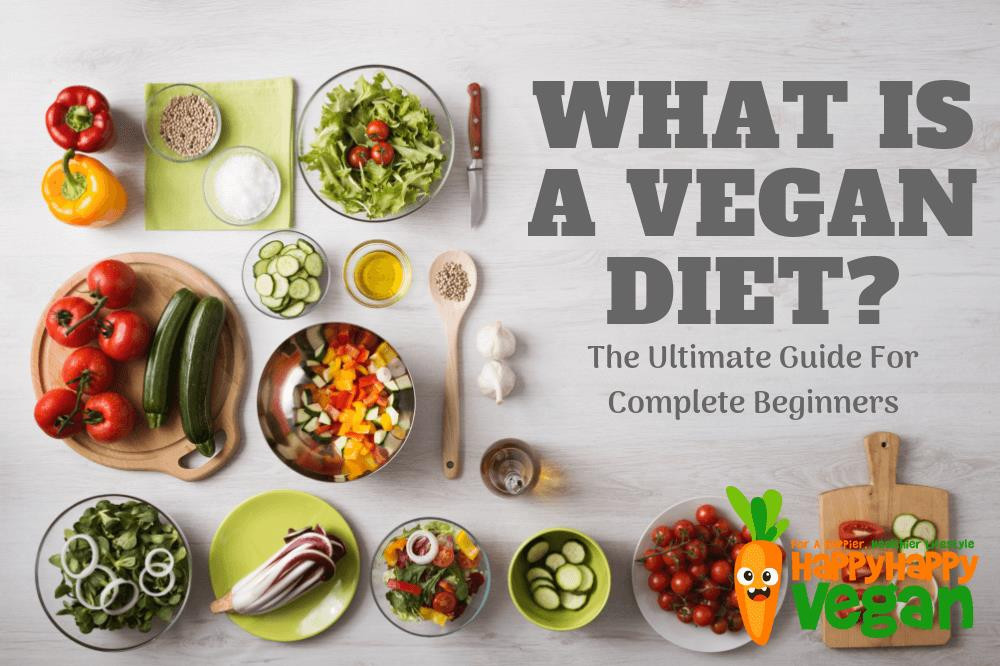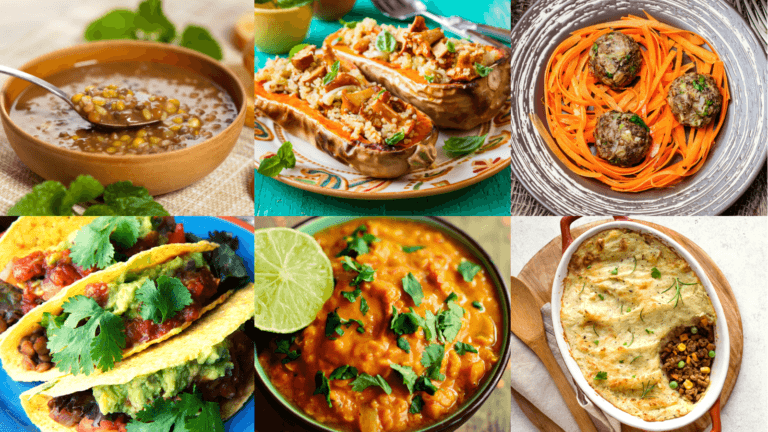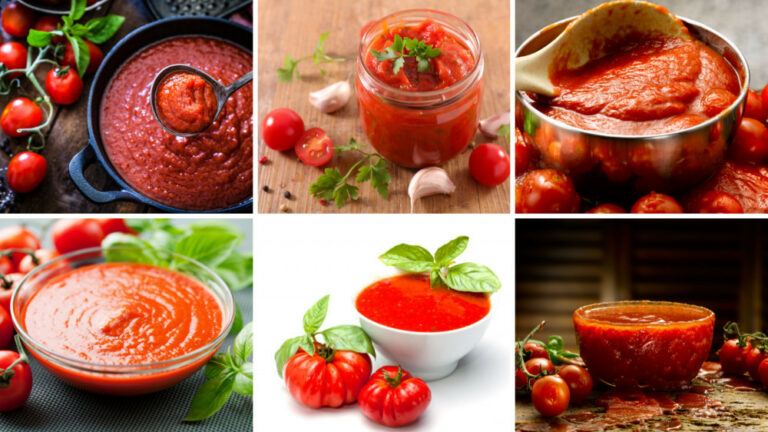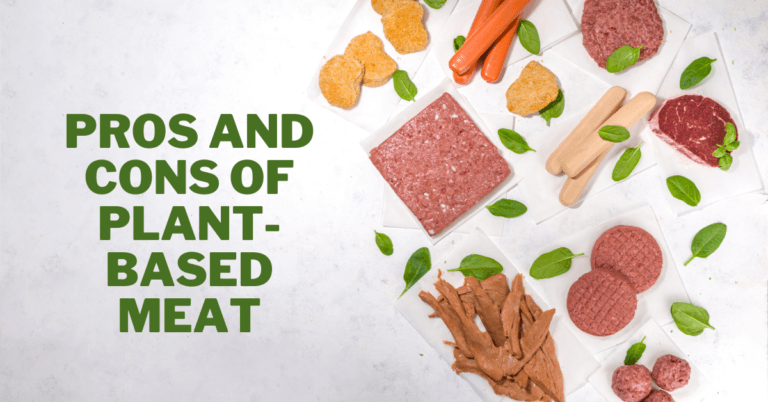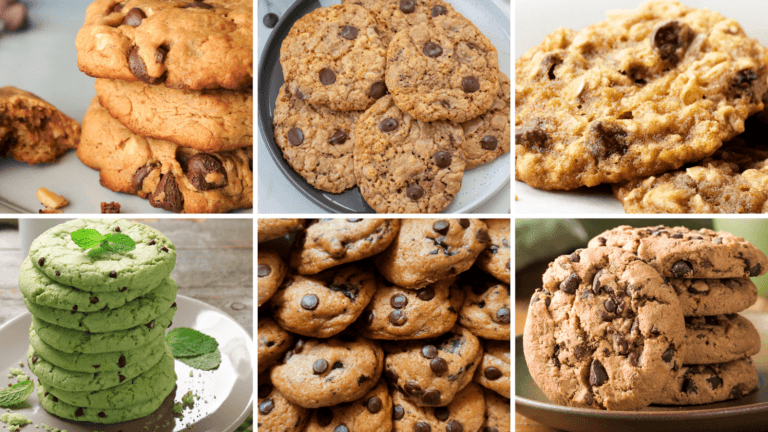Guide To The Best Vegan Diet
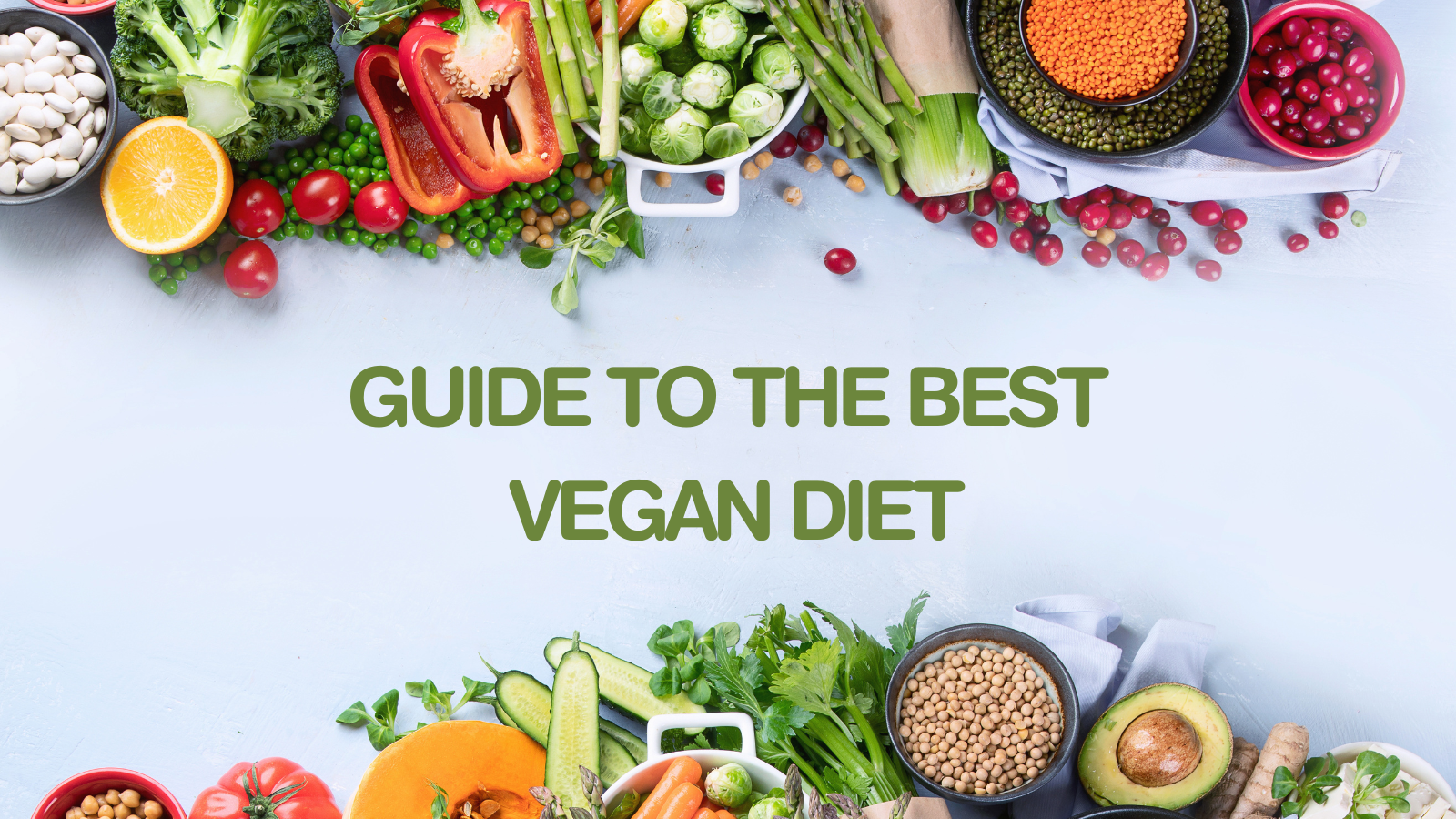
Guide To The Best Vegan Diet
Many people know veganism's potential nutritional and environmental benefits thanks to vegan foods and products cropping up everywhere, from food trucks to supermarkets to Michelin-star restaurants. It's even been the topic of numerous documentary films and star-studded endorsements.
And with social media making it easier to share, like, buy, or try, veganism is experiencing a surge in popularity. If all the publicity has made you stop considering if you want to go vegan, but you're not sure exactly what it means, you've come to the right place.
What Is Veganism?
For the longest time, people believed humans are responsible for causing climate change. And while we all know that's not true, it can still be hard for us to wrap our heads around the fact that we've had such a significant impact on the world, and it might be time to do some self-reflection and stop depending on animals for our food and our support. It's a concept that sounds difficult and a bit extreme to some, but it's just a shift in thought. Once you start to see and interact with the realities of animal agriculture — from the mistreatment of the animals to the environmental impact — you'll never go back.
“Vegan” has become one of the most inclusive and visible words in today's culture. Everyone from Pope Francis to Hillary Clinton has used the word from boardrooms to presidential debates at some point. Like vegetarianism, veganism also means excluding meat, dairy, and eggs from one's diet. And just like vegetarianism, veganism provides many health benefits, including weight loss, lower cholesterol, and lower blood pressure. Studies have shown that a vegan diet can be a healthy alternative to traditional meat-heavy diets.
Veganism is a plant-based diet that excludes consuming all animal products, including meat, poultry, fish, eggs, milk, and butter. This means that vegetarians and vegans don't eat meat or any other animal products (such as products made from dairy products, like cheese and ice cream) or eggs. True vegans won't eat honey and drink almond milk. Honey is an animal product. The almond orchards in California need bees to pollinate their trees. These bees are being shipped from all over the US to California. That's why almond milk is not vegan.
Although veganism is relatively easy to follow, it can be tricky to understand because the vegan diet does not have a specific set of rules. Some basics include avoiding all meats, fish, refined carbohydrates, processed foods, and dairy and choosing products that are free of animal products.
My husband and I are vegans, and I find it a lot easier today to find vegan products than 20+ years ago. When I started. Veganism is very well known, and you can even find vegan meals in restaurants. The grocery stores offer various vegan products, like vegan spices, cheese, butter and other products.
You can buy vegan magazines. vegan cookbooks now and find many vegan recipes online. You might be interested in my article on the Best Vegan Recipes For Beginners.
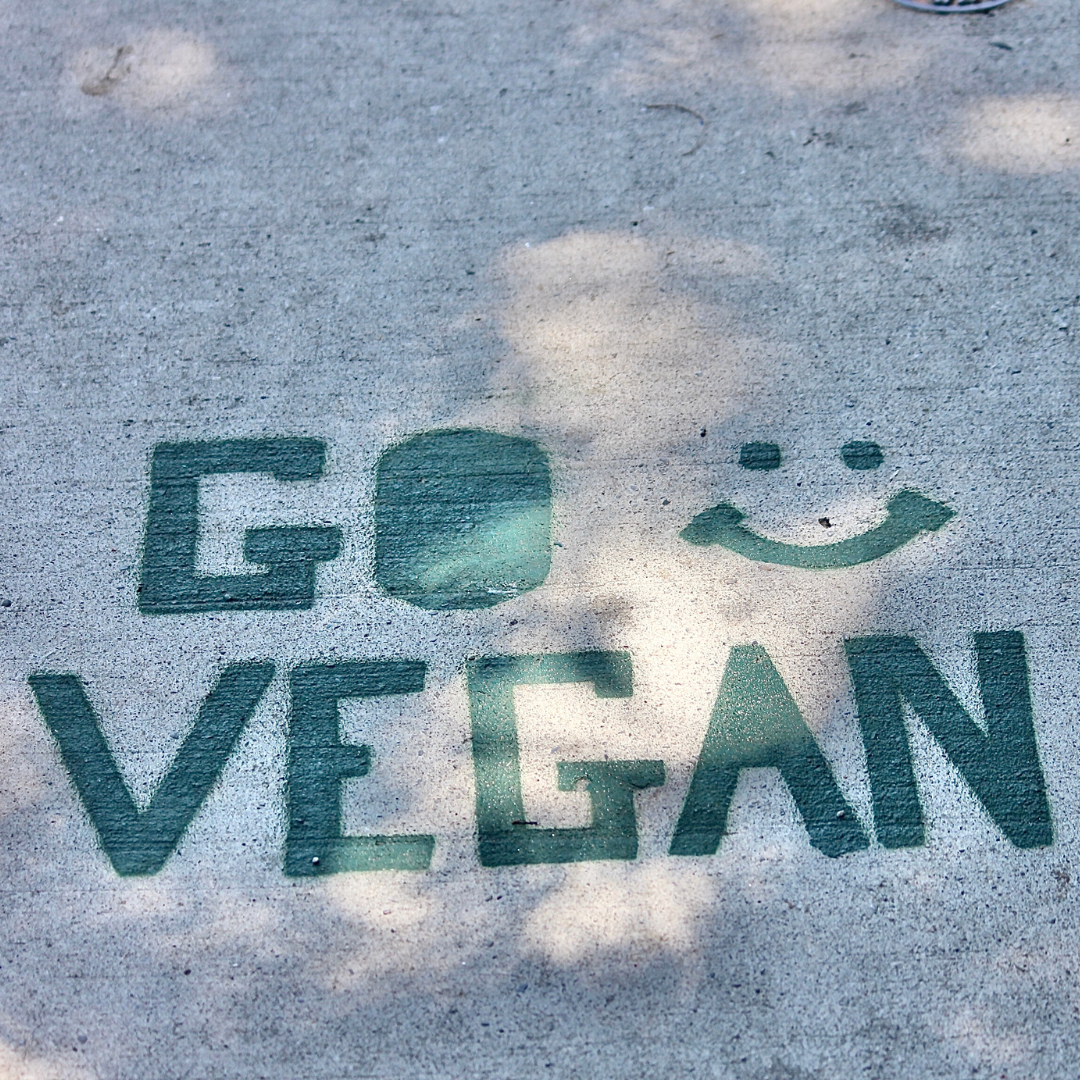
Why Go Vegan?
Veganism is a way to exclude the consumption of any animal products—meat, dairy, eggs, and honey—because, simply put, they're cruel and unnecessary. Going vegan requires removing the origin of any animal food item or product you consume. Some foods that are especially important to exclude while eating vegan include:
- Meat: Beef, Pork, Lamb, Chicken, Fish, and other meat.
- Seafood: Lobsters, shrimp, clams, crabs, and other shellfish.
- Honey: There is no ethical way to consume honey (milk, cheese, etc.) Bees are the only type of animal you can't eat as a vegan.
Seitan and Tofu: Seitan is the term used to describe wheat gluten and is easily found in the vegetarian section of any supermarket. It can be cooked and served in various ways, eaten uncooked, and used in sandwiches and cooking with soy sauce and other sauces. I don't eat either of these since I am on a vegan and gluten-free diet.
There are several primary reasons to go vegan, although you can cut down on or eliminate them. Without further ado, here are some of the top reasons people go vegan:
The first one is its Health Benefits. However, many think of a vegan diet as restricted to bland plant-bassed foods. This is not the case anymore. There are huge varieties of products you can cook these days. On top of that, it is now becoming more widely recognized that a plant-based diet can promote health. Vegan diets are known to be lower in saturated fat, trans fats, cholesterol, sodium, and sugar than animal-based diets.
They are also a great source of dietary fibre, folate, and iron, and studies have shown that vegan diets are linked to reduced risk of heart disease, stroke, and diabetes. However, the reason for eating a vegan diet is to promote health. Don't worry about losing weight or missing all the unhealthy foods you used to eat.
Other reasons to go vegan include:
- To see how Earth's resources might be exhausted in 30 years, with animals leading the way,
- To have more time to develop a wide range of talents and interests.
- To live a healthier life with less weight and less stress, and
- To decrease your chances of contracting certain diseases, eat a nutrient-dense plant-based diet.
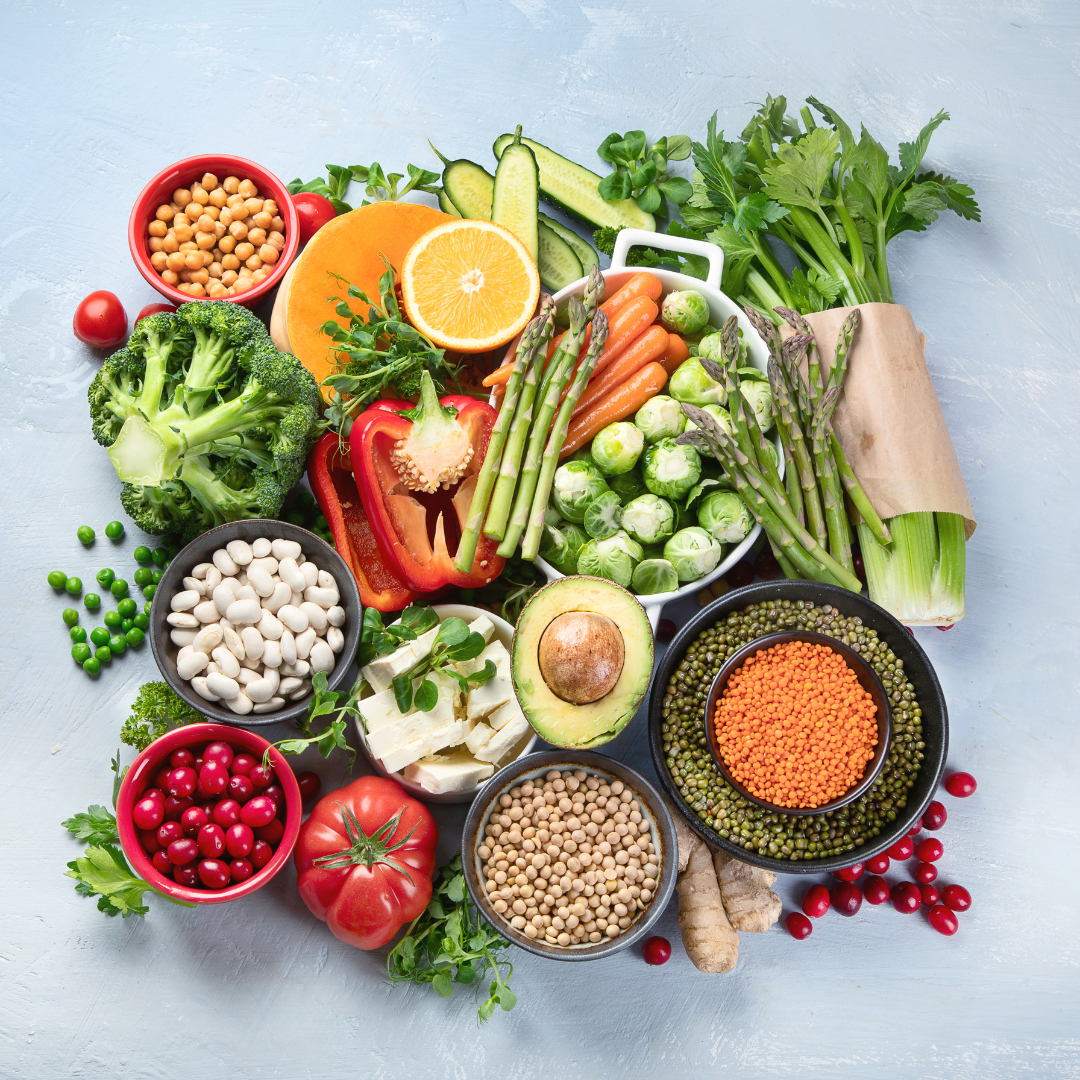
What Is A Vegan Diet?
The term “vegan” describes a diet consisting of only plant-based foods. Generally, a vegan diet contains no animal-derived foods, such as meat, dairy, eggs, and honey. On the other hand, plant-based foods are also plant-based and may not include other non-plant-based foods, such as animal fat or milk.
To be considered living the vegan lifestyle, however, you need to avoid all animal-derived products, including leather, wool, silk, fur, and honey. Some vegan products, such as soy, also contain animal-derived ingredients. And veganism does not necessarily exclude other foods that are not meat or animal-derived. Vegan products are often made from almond or soy milk, tofu, and rice.
A vegan diet has come a long way from a meat-filled one. Most vegan foods are plant-based (and include not just meat, fish, seafood and dairy substitutes but also fruits, vegetables, nuts, seeds, beans, tofu, and more) and packed with fibre and protein.
Vegans also refuse to use products derived from animals, such as leather, wool, silk, or feathers, and they don't consume honey or gelatin, which comes from animals. They also limit their intake of foods that come from animals or their byproducts, including fish and shellfish. There are, however, some things a vegan is not eating or consuming, such as honey and gelatin.
Why Is Veganism Important?
Dietary Veganism means a diet containing no animal products (including dairy, eggs, and meat) and no animal products in preparing these foods. From the 1950s until the early 1970s, the world's population grew by approximately 3 percent every decade. Today that rate is estimated to be closer to 2 percent.
Of that 2 percent, 1 percent is due to a decline in birth rates and the growth of the world's ageing population. The 2 percent that continues to grow is entirely due to the increase in veganism. Reducing the amount of animal-based food you eat directly impacts your health and the environment.
Many people choose to be vegan for ethical and environmental reasons. Animal rights and welfare are a growing aspect of veganism, as is an environmental concern. Research suggests that veganism can benefit your health in many ways, including reducing the risk of heart disease, cancer, and Type 2 diabetes. A recent article in The Atlantic notes that the planet will collapse if meat consumption continues at its present rate, partly due to the vast amounts of fossil fuels that animals require to produce animal protein.
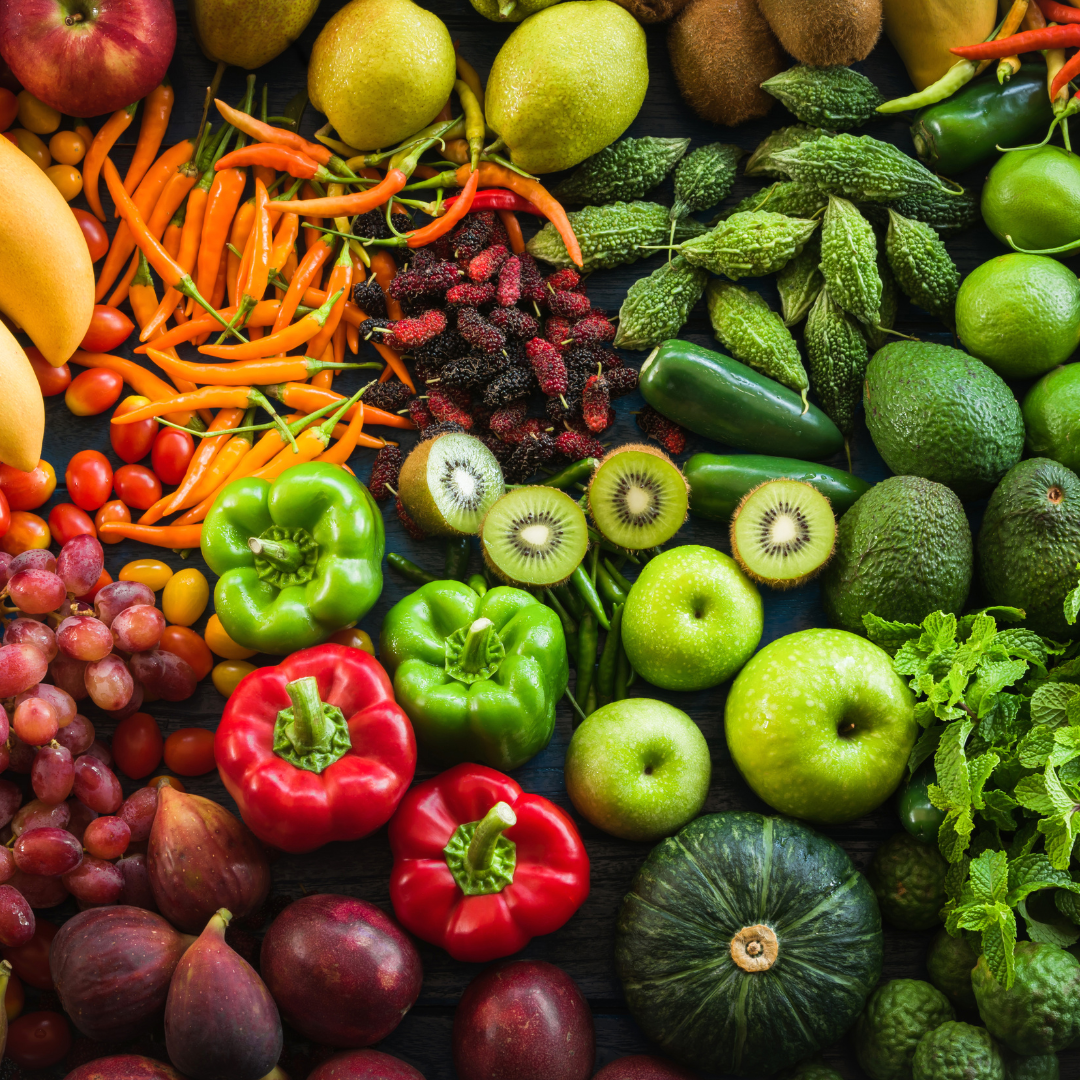
Benefits Of A Vegan Diet
While the benefits of a vegan diet can be myriad, you probably recognize these key benefits. Studies have found that following a vegan diet reduces cholesterol and blood pressure and improves blood sugar control (which helps keep you feeling and looking healthy). Plant-based eating is a good source of protein and can be high in iron, calcium, and vitamins.
Studies have linked the diet with a lowered risk of type 2 diabetes, and a recent review found that people following a plant-based diet cut their risk of heart disease by 55%. Another important benefit of the vegan diet is the increased amount of energy you have. Especially if you are on a raw vegan diet.
What Foods Are Vegan?
Vegan foods have no animal products or animal by-products in them. Veganism is about more than avoiding eating animals and the products of their suffering. A vegan diet emphasizes consuming the highest quality, most nutrient-rich foods available. Vegan foods and products do not include meat, fish, poultry, eggs, dairy, or honey. (Hint: the terms “red” or “white” cheese refer to dairy, but not vegan cheese.)
As someone who has had the privilege of meeting many vegan activists and examining tons of vegan cookbooks, I can tell you that there is no one set list of foods that all vegans eat. Like any dietary trend, the truth is that veganism means something different to everyone, so it's best to start from scratch. What do vegans eat? Vegan food falls into two main categories: fruits and vegetables and plant-based. In most cases, vegans eat fruits and vegetables as their primary source of nutrition.
Vegan foods can come in various forms, including dairy, eggs, honey, and meat substitutes, to name a few. However, these foods aren't a requirement for a vegan diet. What matters is that they are produced without animal byproducts such as eggs, milk, or dairy products. Eggs: “Eggs” can refer to anything formed from an insect or involves the combination of two or more animal parts.
Some common examples of foods containing eggs include vegan cheeses, veggie burgers, and even vegan hamburgers. Egg-free vegan products, such as tofu, made of soy, also exist. Milk: Dairy products are often considered a staple for the dairy-free diet. These may include non-dairy milk such as coconut, almond, soy, and rice. Other dairy-free milk substitutes include coconut nectar, soy, etc.
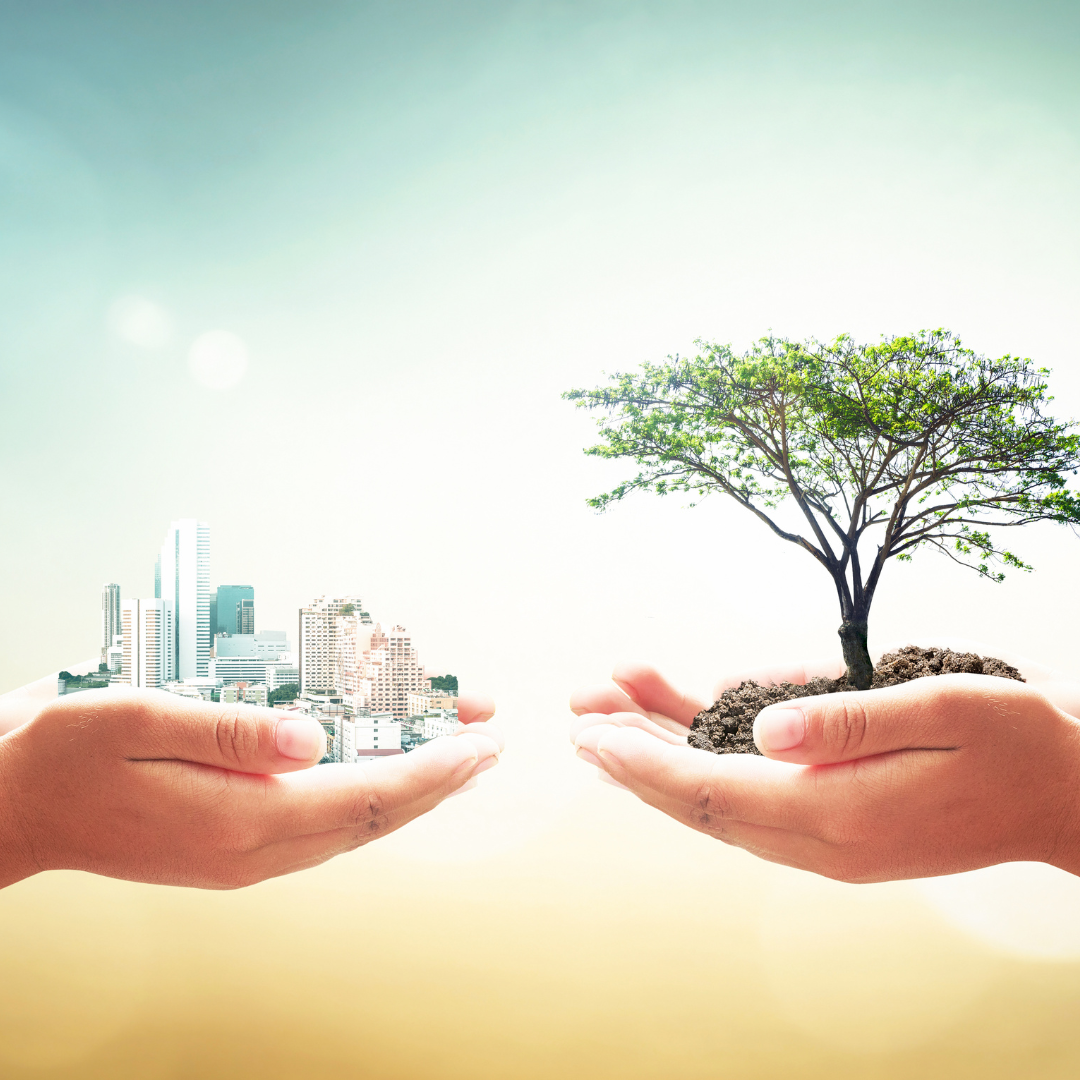
Environmental Impact Of A Vegan Diet
The truth is that eating meat is bad for our environment. There is no way around that. The intensive farm use, the deforestation, and the waste of nearly 500,000 cows, chicken, and pigs consume enormous amounts of water and produces methane, a very potent greenhouse gas. This, in turn, contributes to global warming and climate change.
However, Vegans often end up in the good news column, as less meat ends up in our landfills, plates, and air. And, of course, it's not all bad news: animals do produce huge amounts of methane, but dairy products and eggs, specifically, make up about 85 percent of this.
Is Veganism Right For Me?
The best way to determine if veganism is right for you is to consider a few key questions: How do I want to eat? Veganism is defined by your personal food preferences, how you see food as a source of energy and your ethical considerations. Some people, like us, stick to mostly plant-based meals, while others are more flexible and can enjoy meat and dairy.
Before choosing your diet, take some time to consider why you're considering it and what it is you hope to get out of your vegan journey. What are the health benefits of veganism? With ever-increasing evidence showing the harmful effects of animal-based foods on our health, it's no wonder many people are turning to plant-based diets.
I am on a vegan diet, and I can highly recommend it. I love to eat a variety of delicious fruit. We always have apples, bananas, melons, pineapple, and kiwi in our fridge or kitchen counter. Why not try it and decide for yourselves? If you are a heavy meat eater, you might want to start slowly, maybe have meat every other day. Then every third day, and so on.
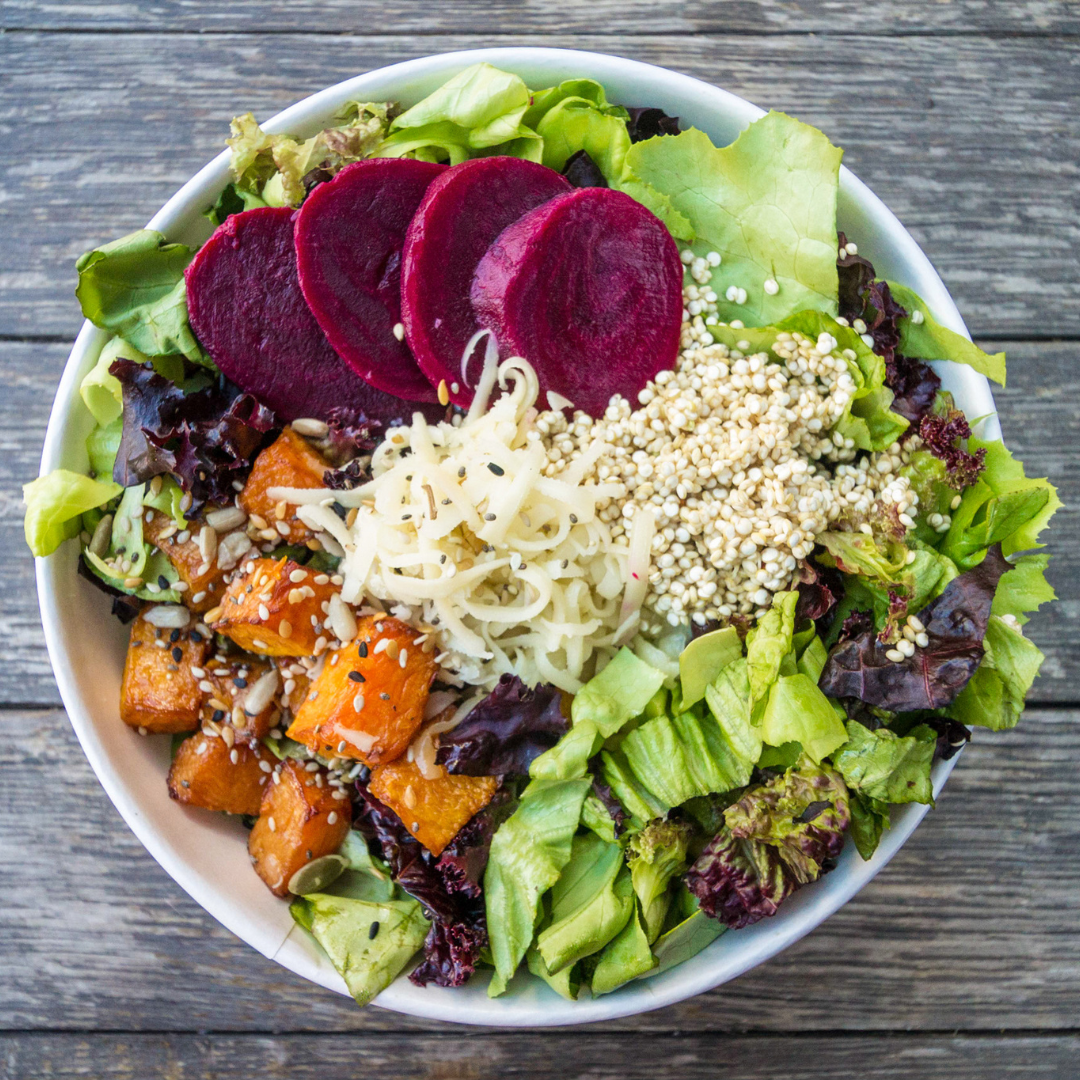
Tips On Eating Vegan
For the non-vegan making the switch, a few essential guidelines will help you navigate the growing number of options available. Veganism isn't so complicated for those who live in the United States. It's a straightforward combination of a few lifestyle choices: You can go vegan and still enjoy most plant-based foods, though you might have to alter how you prepare them.
Foods like tofu, lentils, and tempeh will still taste great in any dish, but cooking them in non-vegan ways like frying, sautéing, and broiling may change the flavour. If you aren't sure what changes to make, try testing the different brands of tofu to ensure they're the right texture. Avoid vegan meat substitutes that aren't ground and create greasy, greasier foods.
Ready to start? Here are some of the most important things to know about the vegan diet. It's not just about being vegan. Your decision to go vegan is to cut animal products, from milk and eggs to leather and fur, out of your diet and life. Your decision to be vegan isn't just a way to take care of the environment or animals.
It's about being mindful of why you choose vegan and your unique path to happiness. Before jumping in, do some research. Vegan-centric blogs and websites answer all your questions, starting with what constitutes vegan food. Learn to love your vegetables. Vegetables make up most vegan food, especially in fresh and organic forms.
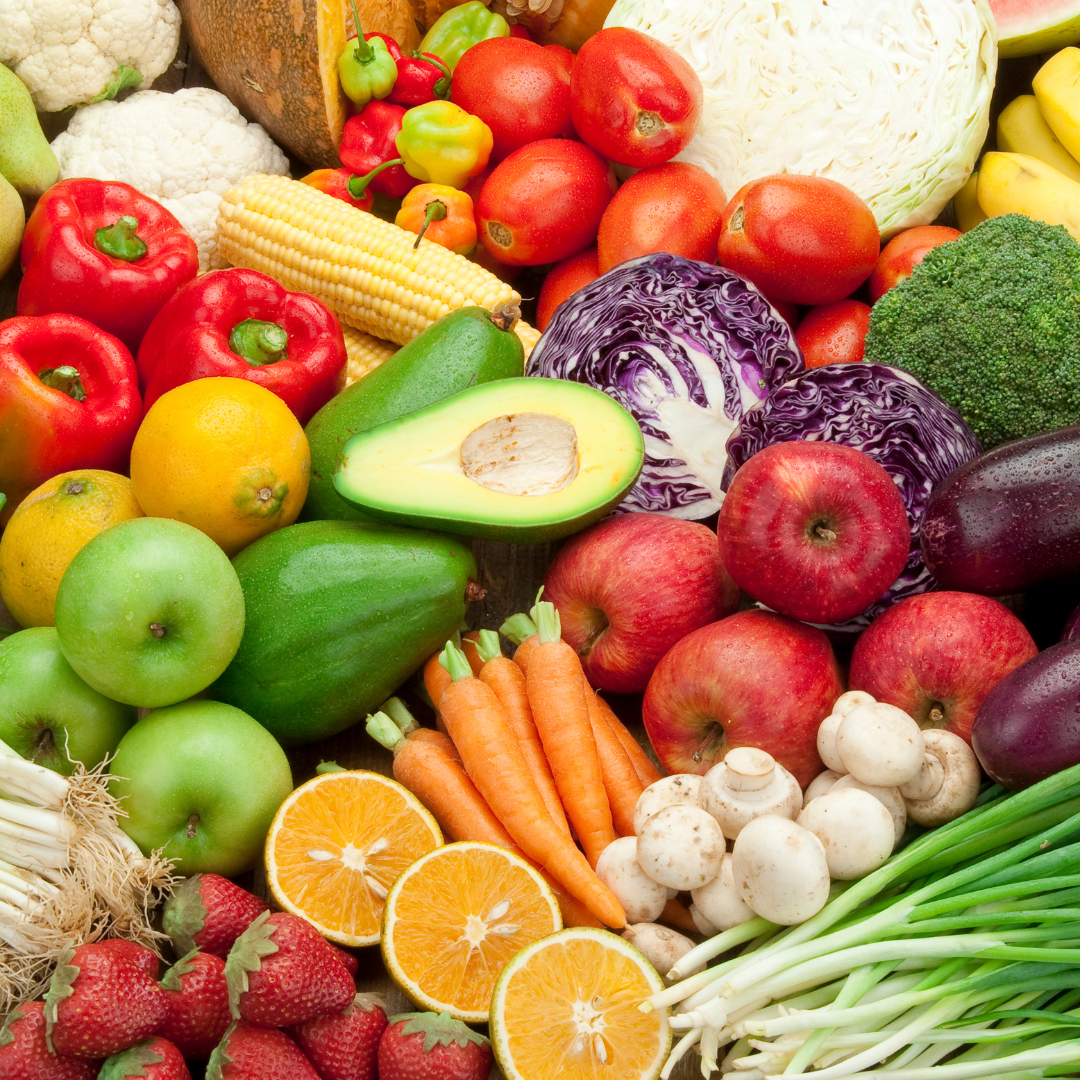
Conclusion
Not convinced yet? Consider all of the positive effects of being vegan on the planet and your health:
- Reduced animal suffering
- Smaller carbon footprint
- Increased life span
- Boosted mental health and quality of life
- Achieved weight loss without dieting
- Opportunity to positively affect world conditions
- Educated yourself about what animal-based products contain
Studies show that the lower levels of cholesterol and blood pressure among vegans (compared to non-vegans) make them 11-18% less likely to experience a heart attack or stroke. The good news doesn't stop there. Although you can't see it (or taste it), you are helping to save the planet by reducing the amount of petroleum used to make your food.
I trust you enjoyed reading the article about the Guide To The Best Vegan Diet. Would you please stay tuned? There are more blog posts to come very shortly.
JeannetteZ
>>>Want To Learn How To Create Delicious, Cruelty-Free, Healthy AND 100% Vegan Meals? Try These Awesome Vegan Cooking Courses With A Free 7-DAY MEMBERSHIP<<<
Your Opinion Is Important To Me
Ideas? Thoughts? Questions? I would love to hear from you. Would you please leave me your questions, experience and remarks about this Guide To The Best Vegan Diet in the comments section below? You can also reach me by email at Jeannette@LivingTheVeganLifestyle.org.
Disclosure
This post may contain affiliate links. I earn from qualifying purchases as an Amazon Associate and other affiliate programs. Please read my full disclosure.
You might also enjoy these blog posts:
Best Athlete's Benefits Of A Vegan Diet

